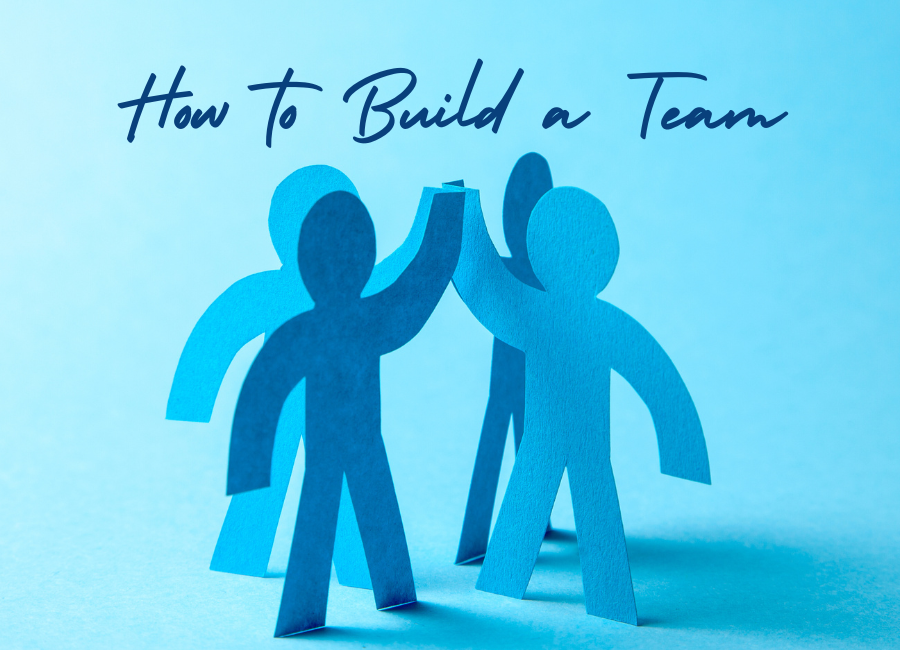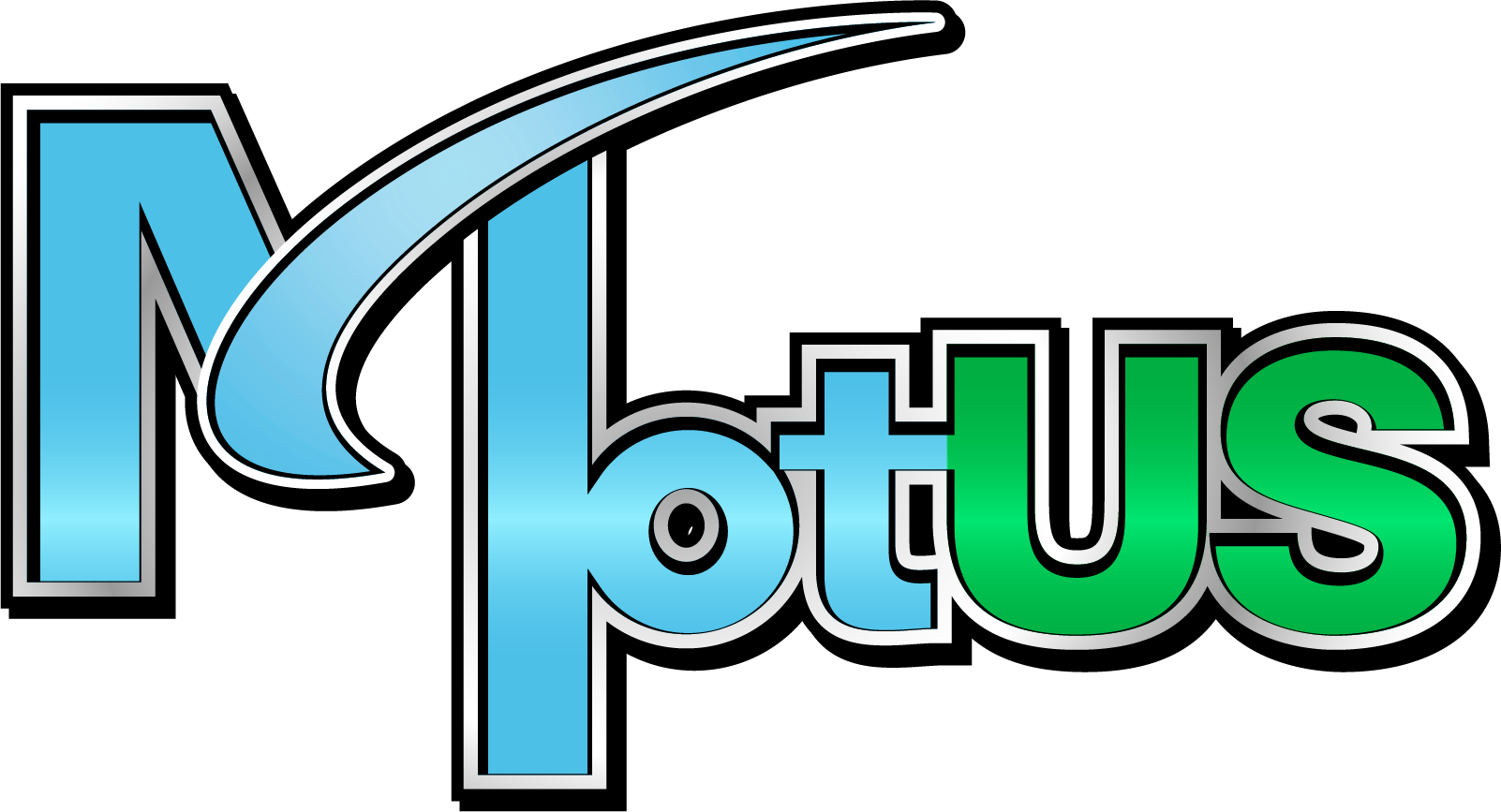What Retired Gym Owners Want You to Know

What Retired Gym Owners Want You to Know
The cheer industry is high-energy, high-impact, and high-stakes. But what happens when the music fades and a gym owner decides it’s time to step away? We sat down with several retired gym owners to ask: What do you wish someone had told you during your journey? Their answers were honest, insightful, and packed with lessons every current owner should hear.
1. It’s a Marathon, Not a Sprint
Most owners start their gym with adrenaline and ambition. But according to our retired leaders, the real secret to sustainability is pacing yourself. The early hustle can lead to burnout if not balanced with smart systems, strategic hiring, and personal boundaries. One retired owner shared, "I worked 14-hour days thinking it would slow down later. It never did."
Takeaway: Build a business model that works without you in every room. Sustainability > hustle.
2. Your Culture Outlives You
Your staff, your athletes, your families—they absorb your values. Even after you're gone, your legacy lives through your culture. Owners stressed the importance of investing early in leadership development, team standards, and values-based decision making.
Takeaway: You’re not just building teams. You’re building a culture. Lead like it matters, because it does.
3. Know When It’s Time to Pivot
From industry trends to personal capacity, things change. One former owner said, "The hardest decision I ever made was closing a program that didn’t align with my mission anymore. But it saved my gym."
Takeaway: Flexibility isn’t weakness. It’s wisdom.
4. Profit Isn’t a Dirty Word
Almost every retired owner we spoke to said they wished they had been more financially focused earlier on. "I thought if I just loved it hard enough, the money would follow. But loving it doesn't pay the lease," one owner reflected.
Takeaway: Build for impact and income. Healthy gyms fund healthy futures.
5. Exit Strategy Isn’t Just for Retirement
Whether you plan to sell, pass it on, or step back, your exit should be intentional. Several owners said they never created a real succession plan and it left their teams struggling.
Takeaway: Start planning your exit before you need it. Your future self will thank you.
Final Words from the Retired Elite
- "Say no more often. Protect your peace."
- "Train your staff to lead without you."
- "Your identity is not your business."
Being a gym owner is one of the most rewarding and challenging journeys out there. And while these retired leaders may no longer be running practices, their wisdom echoes loudly.
Ask yourself today: Am I building a gym that can thrive without me?
Because true success isn’t just about winning titles. It’s about building something that lasts.




How Apolla Socks Leapt From Shark Tank to a Global Performance Brand (with Co-founder Bri Zborowski)







